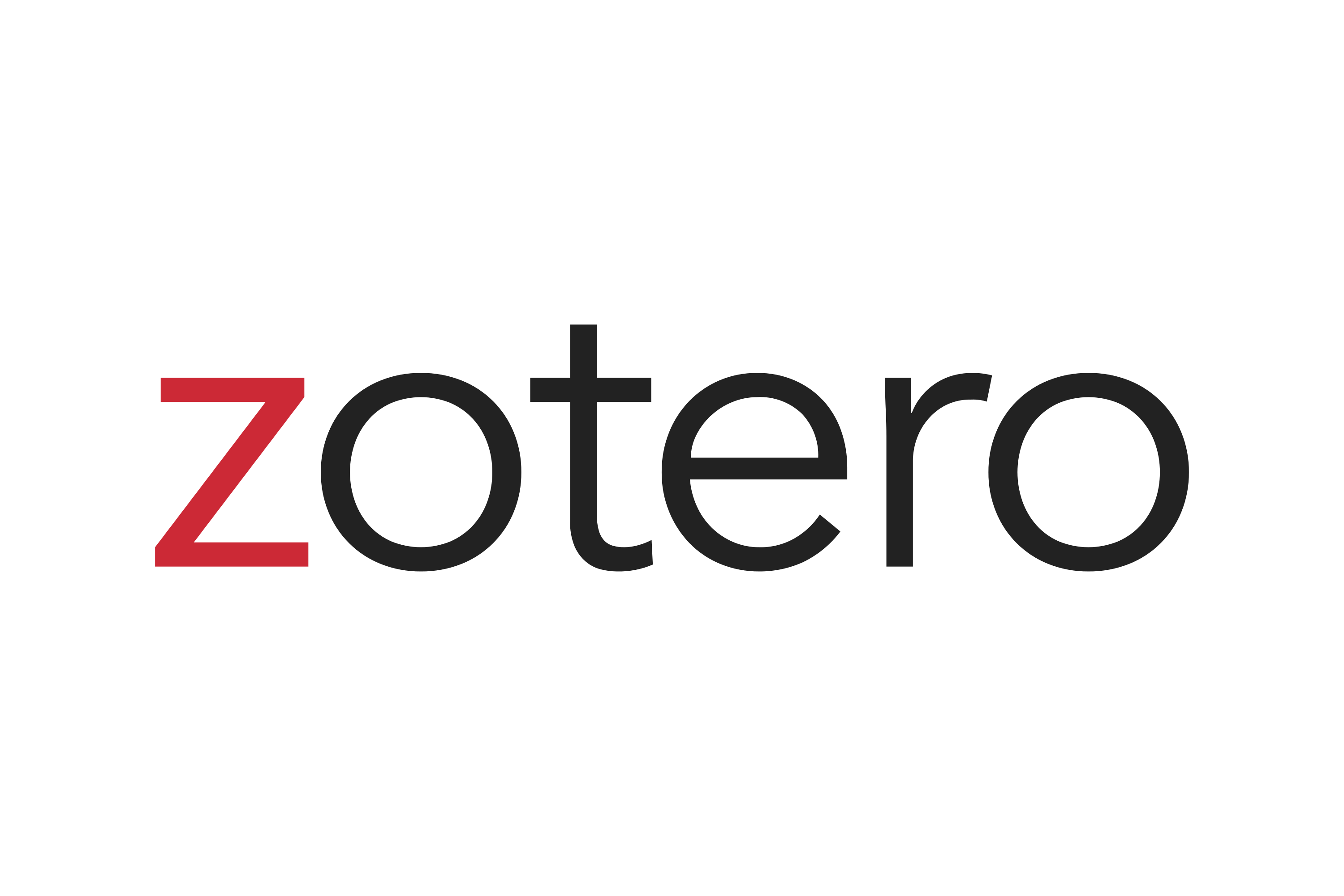EDUCATIONAL PARADIGM IN ISLAM
Study of Surah Al-Alaq verses 1 – 5
DOI:
https://doi.org/10.32678/alfath.v18i1.11071Keywords:
Islamic Education Paradigm, Surat Al-Alaq, Spirituality CharacterAbstract
Education in Islam has a deep theological and philosophical foundation, one of which can be found in Surah Al-Alaq verses 1-5. These verses, which were the first revelations revealed to the Prophet Muhammad (PBUH), provide an important guide to the basic principles of education in Islam. This research aims to describe the paradigm of Islamic education by examining the meaning and implications of Surah Al-Alaq verses 1-5. This study examines how the concepts of reading, human creation, and teaching through the pen as mentioned in these verses form the foundation of education that integrates intellectual, moral, and spiritual aspects. The results of the analysis show that the educational paradigm in Islam does not only emphasize intellectual development, but also emphasizes the importance of character formation based on awareness of the existence of Allah SWT and human responsibility as leaders on earth. In doing so, this research contributes to understanding how education in Islam should be designed to create intellectually and morally balanced individuals, who are able to face the challenges of modern times without losing their Muslim identity.
Downloads
References
Askhari, Syaiful. “Nilai-nilai Pendidikan dalam Surat Al-Alaq Ayat 1-5 dan Relevansinya terhadap Pembelajaran.” IAIN Curup, 2019.
Farihin, Ahmad. “BAB 2 KONSEP DASAR PENDIDIKAN ISLAM: STRATEGI BARU PENDIDIKAN ISLAM DI ERA DIGITAL.” Manajemen Pendidikan Islam Di Era Digital 17 (2023).
Hidayat, Syamsul, dan S H I Muthoifin. “Nilai-Nilai Pendidikan Islam Berkemajuan Dalam QS Al-Alaq Ayat 1-5 (Kajian Tafsir Tarbawi Perspektif Tafsir Al-Azhar dan Tafsir Misbah).” Universitas Muhammadiyah Surakarta, 2023.
Minarti, Sri. Ilmu Pendidikan Islam: Fakta teoretis-filosofis dan aplikatif-normatif. Amzah, 2022.
Nuriy, Arrumaisha Fasya, Deshi Karunia Hajarwati, Desra Reifka Rhaudia, Elisya Laesya Tasya, Erna Widyastuti, dan Rizki Amrillah. “Pentingnya Menuntut Ilmu: Perspektif Islam dan Dampaknya pada Karakter Pembentukan Individu.” Tasyri: Jurnal Tarbiyah-Syariah-Islamiyah 31, no. 01 (2024): 87–101.
Qowim, Agus Nur. “Metode pendidikan islam perspektif al-qur’an.” IQ (Ilmu Al-Qur’an): Jurnal Pendidikan Islam 3, no. 01 (2020): 35–58.
Rukmana, Aan. BERISLAM SECARA KÂFFAH. Vol. 1. Jejak Pustaka, n.d.
Samad, Sri Astuti A. “Diskursus hakikat kurikulum pendidikan Islam.” Al-Ikhtibar: Jurnal Ilmu Pendidikan 8, no. 2 (2021): 97–108.
Setiawan, Dede, M Alwi Af, Fahmi Muhamad Aziz, Abdul Fajar, dan Yurna Yurna. “Pandangan Filsafat Pendidikan Islam Terhadap Manusia Dan Masyarakat.” Pendekar: Jurnal Pendidikan Berkarakter 1, no. 4 (2023): 52–63.
Tumanggor, Syahwan, Hasan Bakti, dan Mohammad Al Farabi. “Islamic Worldview Syed Muhammad Naquib Al-Attas dan Implikasinya Terhadap Paradigma Pendidikan Islam.” Islamic Management: Jurnal Manajemen Pendidikan Islam 7, no. 01 (2024).
Wathoni, Lalu Muhammad Nurul. Pendidikan Islam anak usia dini: pendidikan Islam dalam menyikapi kontroversi belajar membaca pada anak usia dini. Sanabil, 2020.
Zed, Mestika. Metode penelitian kepustakaan. Yayasan Pustaka Obor Indonesia, 2008.
Downloads
Published
How to Cite
Issue
Section
License
Copyright (c) 2024 Ifa Fathonah

This work is licensed under a Creative Commons Attribution-ShareAlike 4.0 International License.
Copyright Notice

Al-Fath: http://jurnal.uinbanten.ac.id/ is licensed under a Creative Commons Attribution-ShareAlike 4.0 International License
An author who publishes in Al-Fath agrees to the following terms:
- Author retains the copyright and grants the journal the right of first publication of the work simultaneously licensed under the Creative Commons Attribution-ShareAlike 4.0 License that allows others to share the work with an acknowledgment of the work's authorship and initial publication in this journal
- Author is able to enter into separate, additional contractual arrangements for the non-exclusive distribution of the journal's published version of the work (e.g., post it to an institutional repository or publish it in a book) with the acknowledgment of its initial publication in this journal.
- Author is permitted and encouraged to post his/her work online (e.g., in institutional repositories or on their website) prior to and during the submission process, as it can lead to productive exchanges, as well as earlier and greater citation of the published work (See The Effect of Open Access).
Privacy Statement
The names and email addresses entered in this journal site will be used exclusively for the stated purposes of this journal and will not be made available for any other purpose or to any other party.









